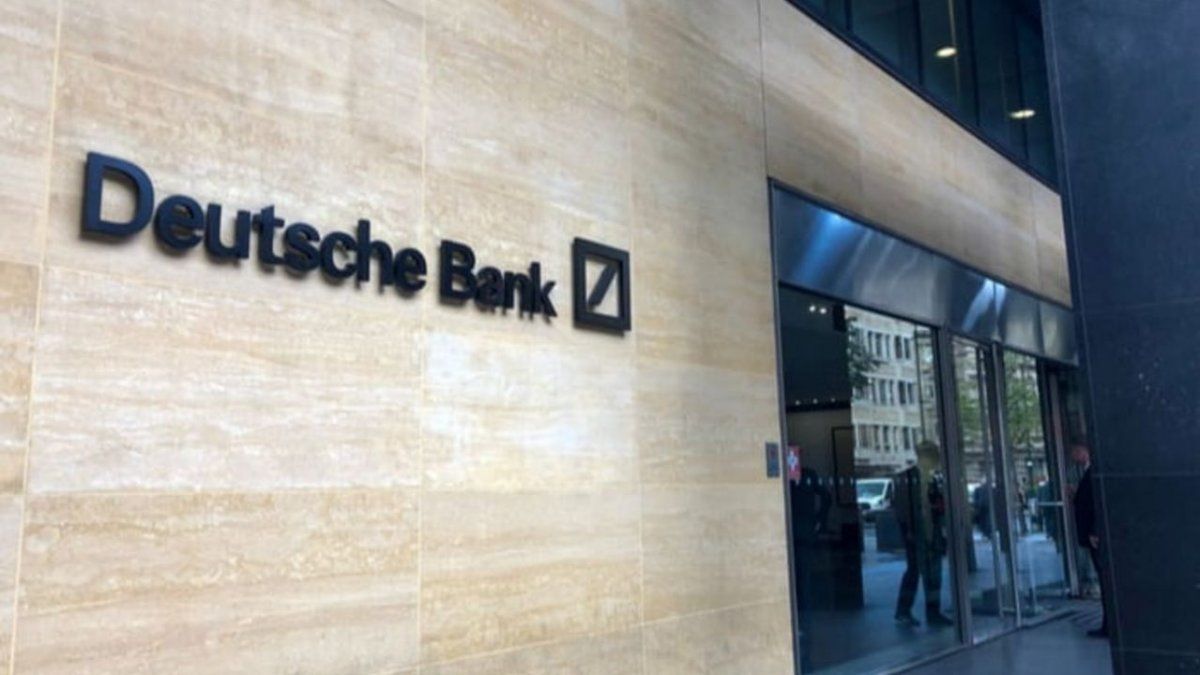After a week marked by uncertainty following a banking crisis that led to the collapse of the second largest Swiss bank, Credit Suisse, fear was revived on Friday by the hand of the Deutsche Bankanother troubled European bank that has suffered a series of difficulties in recent years, promises to be the next target of the crisis.
“More than a banking crisis, what we are seeing is a loss of confidence in the banks due to poor management in a complicated context,” acknowledges Pedro del Pozo, director of financial investments at Mutualidad de la Abogacía, he said in dialogue with Bolsamanía.
credit-suisse.avif
Generali Investmets believes that “both the bankruptcy of Silicon Valley Bank (SVB) as the forced takeover of Credit Suisse by UBS are the result of a bad governance“. This, together with a context of “extremely rapid normalization of monetary policy”has led to the loss of customer confidence, with the withdrawal of their funds from entities considered weak, they say from Generali.
Deutsche Bank sank on the last trading day of the week, when it lost a 8.5% in the price of its shares, after its default insurance (CDS) began to rise strongly in the previous session.
svb.webp

Everything seems to indicate that the entity can become the next focus of market attention after the sale of Credit Suisse to UBS. Despite the fact that the German bank has tried to clean up its balance sheet in recent years, the truth is that it has always been considered a weak bank within the eurozone financial system.
Financial regulators and governments have taken multiple steps in recent weeks on both sides of the Atlantic to contain the risk of contagion between financial institutions.
Deutsche Bank

He Swiss National Bank (SNB) said Thursday that the measures announced at the end of last week by the federal government, the Swiss financial market supervisory authority (Finma) and the central bank itself “they have put an end to the crisis”.
The agency Moody’sfor his part, wrote in a note this Wednesday that all the measures to save the situation should “succeed in general terms”. In spite of everything, the market does not quite believe that this crisis is going to finish soon.
Moody’s.jpg

Moody’s acknowledge that there is risk that the policy makers be unable to stop the current turmoil without longer lasting and potentially more serious repercussions inside and outside the banking sector.
Goldman Sachs acknowledges that it is possible current financial crisis eventually become a ballast for economic activity, both in USA like in the eurozone. As he explains, it is likely that some small and medium-sized banks in the US will continue to face difficulties, which would lead to a tightening of lending rules which is expected to subtract between 0.3 and 0.5 percentage points from the growth of the GDP.
goldman sachs 1200.jpg

In the eurozone, the banking sector appears resilient, but credit conditions are also expected to tighten, which would affect growth between 0.3 and 0.4 percentage pointssays Goldman.
“Tensions in the banking sector represent an obstaclethough not a full reversal, to the recent growth momentum, although risks are on the downside in the event of further bank failures or continued deposit outflows,” adds Goldman Sachs.
Source: Ambito




